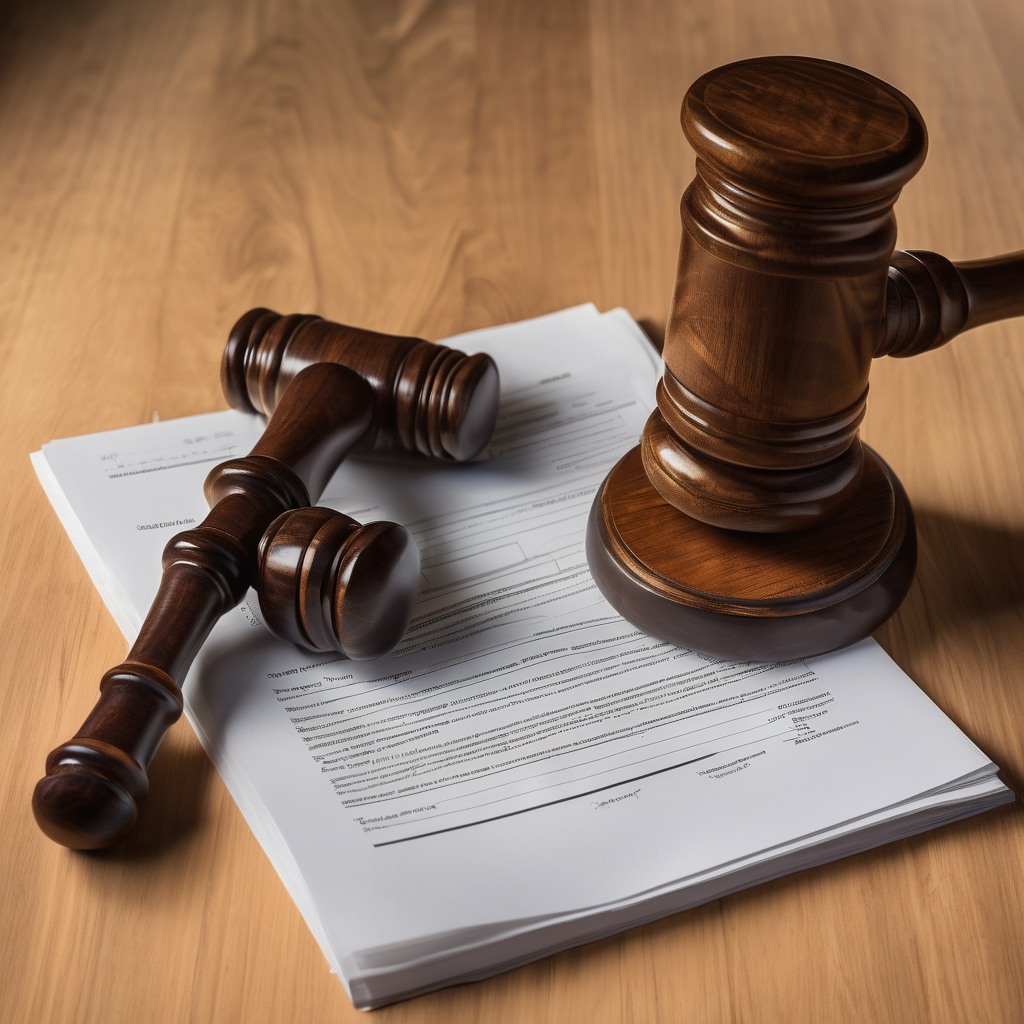In a closed-door session, former Labor Secretary Alexander Acosta faced the House Oversight Committee to discuss the controversial plea agreement with Jeffrey Epstein during his tenure as a federal prosecutor in South Florida. In 2008, Epstein pleaded guilty in state court to soliciting prostitution, receiving a sentence that included minimal jail time and work release privileges, avoiding federal charges for allegedly molesting dozens of girls.
Acosta clarified that he had received assurances Epstein would not receive work release, yet local authorities granted it. He expressed regret about the outcome and maintained that if the case had been handled with today’s knowledge, the prosecution would likely differ due to the information now available about Epstein’s actions.
The former prosecutor acknowledged the courageousness of Epstein’s victims and regretted that his office didn’t communicate more transparently with them. Concerns about potential trial outcomes and evidence quality were among Acosta’s considerations at the time, independent of any involvement from President Donald Trump.
Democratic committee members challenged Acosta’s defense of the plea deal, citing the sworn statements from over 40 minors alleging abuse as evidence overlooked. Acosta admitted he hadn’t personally reviewed such evidence.
Republican Congressman Tim Burchett suggested that the FBI’s handling of the case might also be to blame, implying shared accountability among involved parties. Acosta resigned from his role as labor secretary amid rising scrutiny regarding the Epstein deal.
Despite ongoing criticisms, Acosta defended that at the time, the plea agreement ensured Epstein served some jail time, a decision framed as prioritizing some level of accountability in a complex case. The Justice Department’s internal review substantiated that Acosta’s decisions didn’t constitute professional misconduct but critiqued his judgment.
The matter has resurfaced in Ghislaine Maxwell’s 2021 conviction appeal, with arguments centered around the non-prosecution promises in Epstein’s original plea agreement. Both Congress and the Department of Justice continue to demand transparency and reassessment of how Epstein’s case was managed.
Acosta’s testimony has reignited discussions on federal prosecutors’ responsibilities, victim rights, and the balance of justice. As the investigation into these past events unfolds, attention remains on ensuring accountability and transparency for justice processes involving significant public interest.
